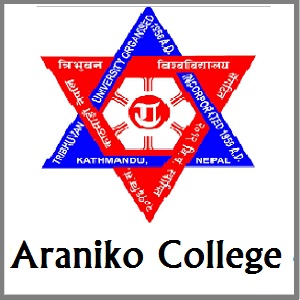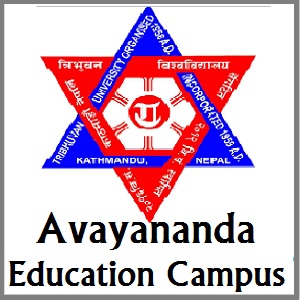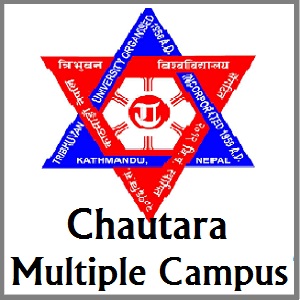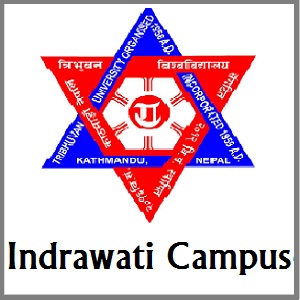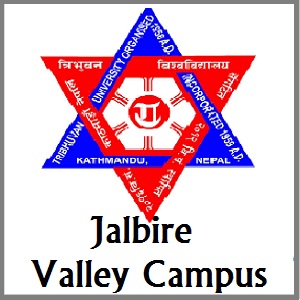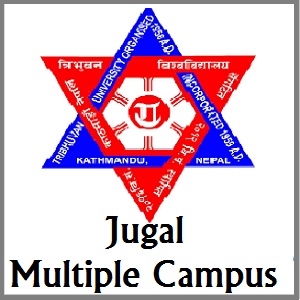Overview
Sunkoshi Multiple Campus is a community college in Sunkoshi Rural Municipality-7, Sindhupalchok, Bagmati Province. It opened in 2000 (2057 BS) through local effort—teachers, social leaders, and residents worked together so students could study near home.
The campus is affiliated with Tribhuvan University (TU) and recognized by the University Grants Commission (UGC) of Nepal. As a non-profit institution, it keeps fees reasonable and offers bachelor’s studies in Education, Management, and Humanities. Many students from Sindhupalchok and nearby districts choose this campus because it balances academic standards with community values.
Quick Highlights
-
Founded: 2000 (2057 BS)
-
Location: Sunkoshi Rural Municipality-7, Sindhupalchok, Bagmati Province
-
Affiliation: Tribhuvan University (TU)
-
Recognition: University Grants Commission (UGC), Nepal
-
Type: Community-based, non-profit
-
Programs: B.Ed., BBS, BA
-
Student Catchment: Sindhupalchok, Kavrepalanchok, Dolakha, Sindhuli
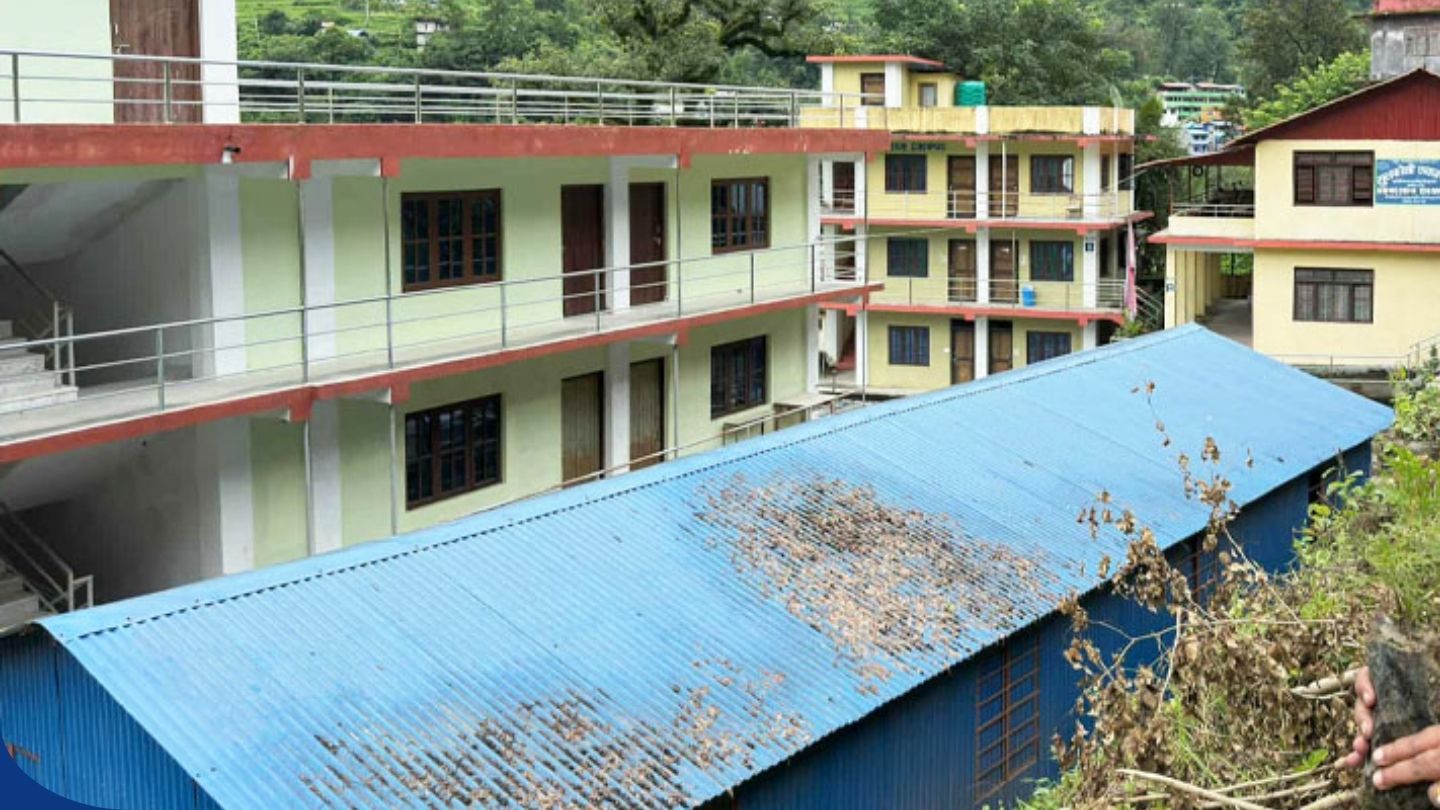
Academic Programs
Sunkoshi Multiple Campus runs four-year bachelor’s programs under TU. Each program builds a clear path toward further study or entry-level roles in schools, offices, and social sectors.
Bachelor of Education (B.Ed.)
The B.Ed. prepares future teachers and education workers. Students select subject areas such as English, Nepali, Mathematics, Economics, and Population Education. Coursework focuses on subject knowledge, classroom practice, and assessment skills that match school needs in Nepal.
Bachelor of Business Studies (BBS)
The BBS covers management, accounting, finance, and organizational studies. Students learn how offices operate, how to read and prepare financial documents, and how decisions are made in small and medium organizations. Graduates often work in business support roles or continue to postgraduate studies.
Bachelor of Arts (BA)
The BA offers grounding in Humanities and Social Sciences. Common subjects include Sociology, English, Economics, and Population Studies. The program suits students who plan to work in public service, local administration, development projects, or research.
Admission Process
Admission follows TU rules and is handled on campus with clear steps:
-
Eligibility: Completion of +2 or equivalent from a recognized board.
-
Application: Submit the form at the college office with required documents.
-
Selection: Based on academic records and available seats.
-
Enrollment: Accepted students are registered under Tribhuvan University.
The process is straightforward and supports applicants from different schools and communities.
Teaching Faculty and Learning Approach
The campus has 17 teaching staff and 2 administrative staff. Appointments are made through the Campus Management Committee. Teachers run classes, tutorials, and small-group discussions. Departments plan the syllabus delivery for each subject and review results after exams.
The learning approach is practical: regular classes, internal assessments, and TU annual examinations. Student feedback is gathered to keep teaching clear and consistent.
Infrastructure and Facilities
The campus operates on its own premises with three main buildings:
-
Academic Block: Classrooms, seminar hall, and faculty rooms
-
Administrative Block: Offices for the Campus Chief, Assistant Chief, Accounts, and the Library
-
Student Union Block: Space for student activities and meetings
Additional facilities:
-
Library with textbooks, reference materials, and e-lab access
-
Drinking water and sanitation facilities
-
Seminar hall for programs and meetings
-
Dedicated exam halls
Since 2006 (2063 BS) the campus has also served as an exam center for nearby colleges.
Student Life
Campus life is closely tied to the local community. Students attend classes and also join cultural events, awareness campaigns, and social activities. With classmates from Sindhupalchok and neighboring districts, the campus becomes a shared space where friendships grow and networks form.
The atmosphere is friendly and grounded, which helps first-generation college students settle in with confidence.
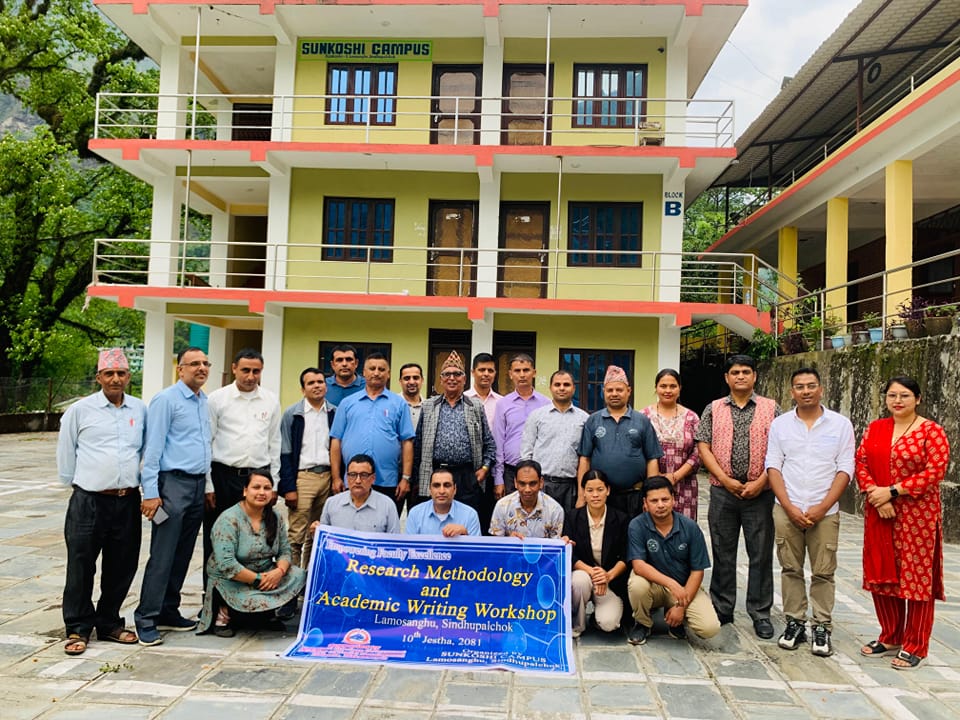
Extracurricular Activities
Learning extends beyond the classroom. Students participate in:
-
Sports competitions (football, volleyball, athletics)
-
Debates, essays, and quiz contests
-
Cultural programs that reflect local traditions
-
Community service and relief work during emergencies
These activities build teamwork, communication, and leadership—skills that matter in workplaces and public service.
Scholarships and Support
As a community campus, fees are kept low. On top of that, the college offers:
-
Merit-based scholarships for strong academic performance
-
Need-based support for students from disadvantaged groups
-
External scholarships when available through government or NGO/INGO partners
This mix helps students continue their studies even when family finances are tight.
Achievements
-
Opened in 2000 as the first community-based college in Sindhupalchok
-
Recognized by UGC Nepal for community education support
-
Exam center for surrounding institutions since 2063 BS
-
Alumni active in teaching, business, and civil service across Nepal
-
Preparing for Quality Assurance and Accreditation (QAA) with UGC
Why Students Choose Sunkoshi Multiple Campus
-
Reasonable fees and strong community backing
-
TU-recognized degrees in Education, Business, and Humanities
-
Experienced faculty who know local contexts and classroom needs
-
Opportunities for cultural exchange, leadership, and service
-
Accessible location for students from remote and rural areas
Conclusion
For more than two decades, Sunkoshi Multiple Campus has given local students a practical way to earn a university degree without leaving home. It brings together TU standards, community commitment, and a setting where students learn, grow, and contribute back to their villages and towns.
If you are from Sindhupalchok or nearby districts and want a steady path into higher education—with clear programs, supportive teachers, and a campus rooted in its community—this college offers a dependable choice.
Contact Sunkoshi Multiple Campus's administrative office for detailed information on the course, admissions, location, fees, scholarships, facilities, counseling or eligibility.
Contact Details
Sunkoshi Multiple Campus
Email Address: sunkoshic@gmail.com
Phone Number: +977-11-495031, +977-9741013000
Location: Lamosangu, Sunkoshi, Sindhupalchok, Bagmati Pradesh, Nepal


